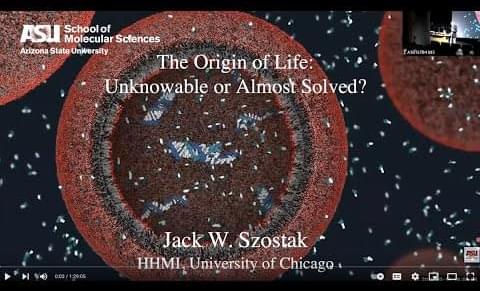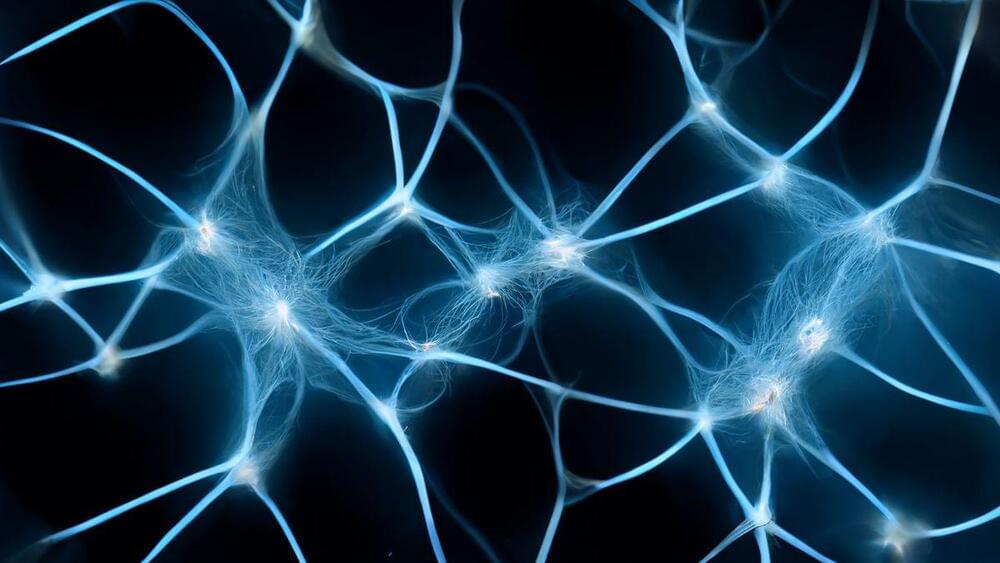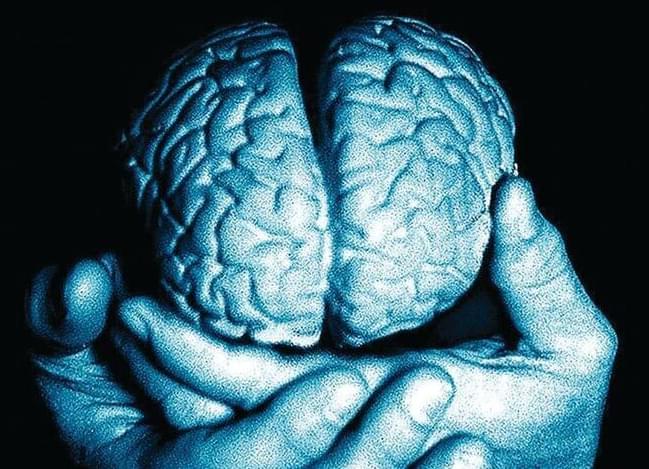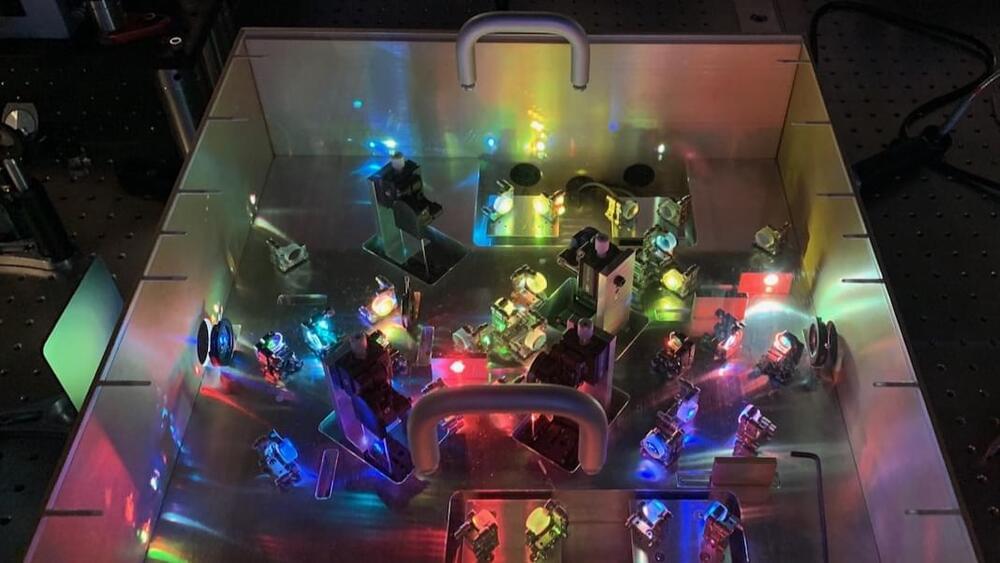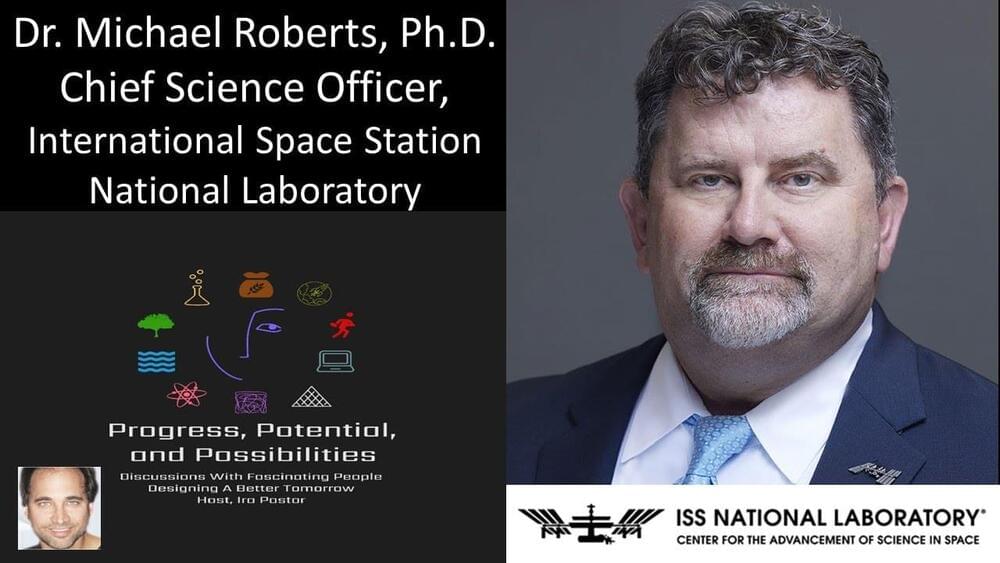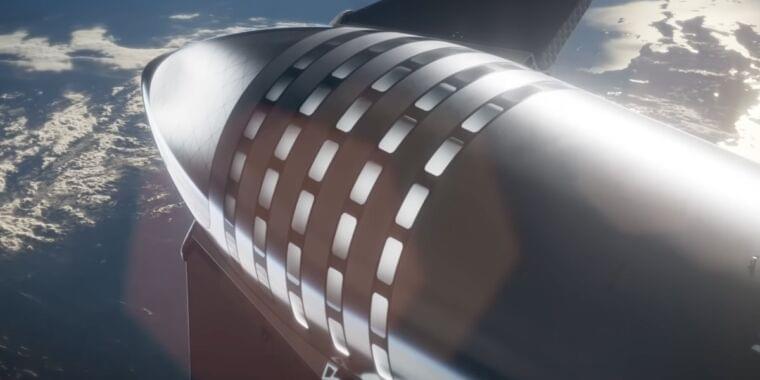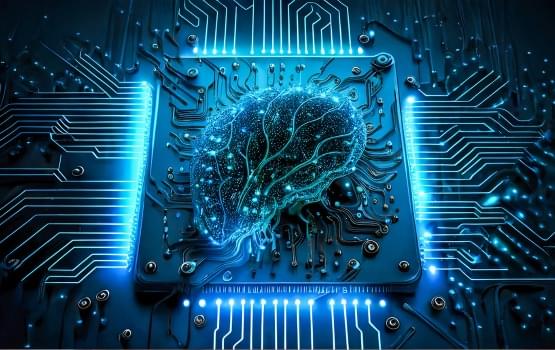
“The new research program, led by Associate Professor Adeel Razi, from the Turner Institute for Brain and Mental Health, in collaboration with Melbourne start-up Cortical Labs, involves growing around 800,000 brain cells living in a dish, which are then “taught” to perform goal-directed tasks. Last year the brain cells’ ability to perform a simple tennis-like computer game, Pong, received global attention for the team’s research.”
Monash University-led research into growing human brain cells onto silicon chips, with new continual learning capabilities to transform machine learning, has been awarded almost $600,000 AUD in the prestigious National Intelligence and Security Discovery Research Grants Program.
According to Associate Professor Razi, the research program’s work using lab-grown brain cells embedded onto silicon chips, “merges the fields of artificial intelligence and synthetic biology to create programmable biological computing platforms,” he said.
Continue reading “Research to merge human brain cells with AI secures national defence funding” »
